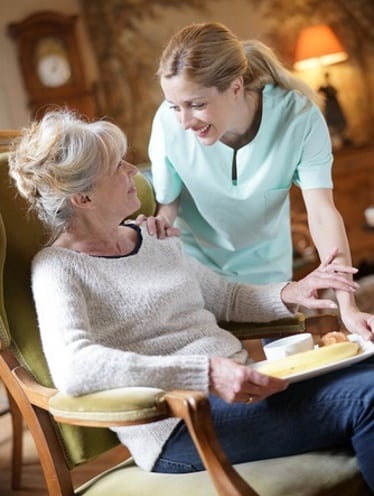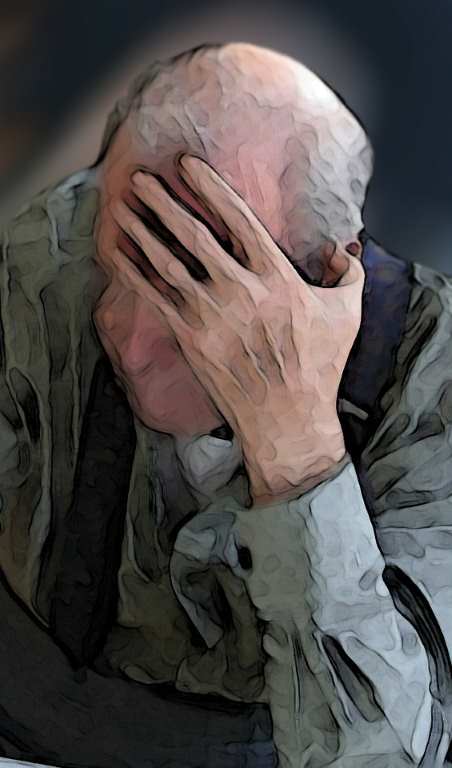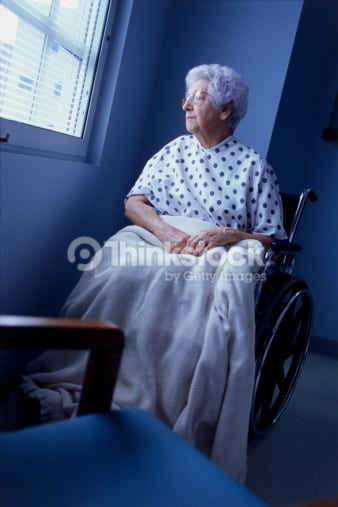Care Workers Support
Care Workers – Abuse and Neglect in Care/Nursing Homes
Sadly, one only has to do a basic Google search to find out the scale of this problem.
The reasons for this neglect and abuse have an ocean of complexity behind it. I must state the obvious before we continue. Employing caring sensitive people must be the prime objective, people with a vocational need to care, ensuring that they are given the tools to do their job, and having reasonable people in charge of them: Also, ensuring that the said Carers have enough fellow workers to aid them in delivering good care. I have just retired after working 36 years as a care assistant, and therefore have some insight into why things can go desperately wrong.
The Sunday Post reported on the 21/11/15 that 1600 allegations of care home abuse had been reported in one year alone. Sadly, this type of news is commonplace and people are becoming immune to it. If the CQC is uncovering this on a yearly basis, what is being missed?



What is going wrong?
It is impossible for the CQC in its existing form to cope with the level of poor care and abuse that is being reported. For example, care assistants are carrying out a great deal of the hands on care. Qualified staff are involved with care planning, dealing with relatives, doctors and general overseeing.
Before continuing I think we must look at the role of the care assistant and how its designation has been perceived over the past thirty years. It is here that I must bring in my personal experience: i have no doubt that to most people outside the caring profession this will come across as unbelievable. However, I give that view knowing that I risk being accused of hyperbole. But it is the truth – it must be told.
*Back in the late seventies I worked in a large Psychiatric hospital that also dealt with care of the elderly. The care of the elderly was split into two divisions, one was wards that went under the term of, ‘pre senile dementia’ which dealt with patients that were mostly able to walk, and the other was wards for full-blown dementia where patients sat in geriatric chairs, or chairs in the ‘Day room ‘ area all day, a dreadful thing to witness I assure you! Back then the role of the care / nursing assistant was very much hands on. A culture had developed among the, ‘Trained Staff’’ that Care/Nursing assistants were there not to support the trained staff but, to be delegated to carry out all the hands on work. This meant in practice that The Charge nurse sat in his office and did the ‘Paper work’. The deputy Charge nurse would help him, the Staff nurse would occasionally come out of the office to delegate to two Nursing assistants (Of which I was one) the task of caring for 35 doubly incontinent patients, and among the stench and utter confusion we tried but, we failed miserably. I live with that failure on my conscience daily.
I retired in 2008. However, I am still getting reports of totally inadequate staffing levels and Care/Nursing assistants treated in a similar way. There is clearly a deficiency in the way that some Care/Nursing homes are being monitored. It is my belief that a culture of secrecy has developed in homes that offend. It works this way, Staff feel afraid to speak out for fear of losing their jobs or being ‘marked known and watched’. Sounds paranoid yes, but nevertheless it happens.
What, for an example, can a care worker who is witnessing neglect and abuse and is told by corrupt managers, “If you speak out we will engineer an allegation against you?” do? Here we have total disempowerment. That Carer knows that none of the whistle-blowers have been re-employed, they are silenced by fear.
What is going wrong?
It is impossible for the CQC in its existing form to cope with the level of poor care and abuse that is being reported. For example, care assistants are carrying out a great deal of the hands on care. Qualified staff are involved with care planning, dealing with relatives, doctors and general overseeing.
Before we continue, we must I think look at the role of the Care assistant and how its designation has been perceived over the past thirty years. It is here that must bring in my personal experience. Let me say before I start that to most people outside the caring profession this will come across as totally unbelievable. However, I give it and must take the risk of being accused of hyperbole, I simply have no choice.
*Back in the late seventies I worked in a large Psychiatric hospital that also dealt with care of the elderly. The care of the elderly was split into two divisions, one was wards that went under the term of, ‘pre senile dementia’ dealt with patients that were mostly able to walk, and the other was wards for full-blown dementia were patients sat in geriatric chairs, or chairs in the ‘Day room ‘ area all day, a dreadful thing to witness I assure you! Back then the role of the care / nursing assistant was very much hands on. A culture had developed among the, ‘Trained Staff’’ that Care/Nursing assistants were there not to support the trained staff but, to be delegated to carry out all the hands on work. This meant in practice that The Charge nurse sat in his office and did the ‘Paper work’. The deputy Charge nurse would help him, the Staff nurse would occasionally come out of the office to delegate to two Nursing assistants (Of which I was one) the task of caring for 35 doubly incontinent patients, and among the stench and utter confusion we tried but, we failed miserably. I live with that failure on my conscience daily.
I retired in 2008 however I am still getting reports of totally inadequate staffing levels and Care/Nursing assistants treated in a similar way. There is clearly a deficiency in the way that Care/Nursing homes are being monitored. It is my belief that a culture of secrecy has developed in homes that offend. It works this way, Staff feel afraid to speak out for fear of losing their jobs or being ‘marked known and watched’. Sounds paranoid yes, but nevertheless it happens.
What for an example can an individual Care staff do who is witnessing neglect and abuse and is told by corrupt managers, “If you speak out we will engineer an allegation against you?” Here we have total disempowerment. That Carer knows that none of the whistleblowers have been reemployed, they are silenced by fear.

Did you know?
Social services inspectorate teams appear to have failed in many places where abuse and neglect have been proved. An independent body is needed with voluntary input from the local community in order to satisfy the highest requirements of vigorous inspection.
Carers are pushed to reach unrealistic targets such as having to perform basic care like bathing, toileting etc to fit in with meal times, and other activities. There is always the possibility of physical care being neglected when carers are under the duress of time targets. Some ‘routines’ are unnecessary and infringe resident’s rights to privacy and personal decision-making.
There appears to be nothing laid down in law that restricts the number of residents that one carer is required to look after. This we regard as a moral outrage.
